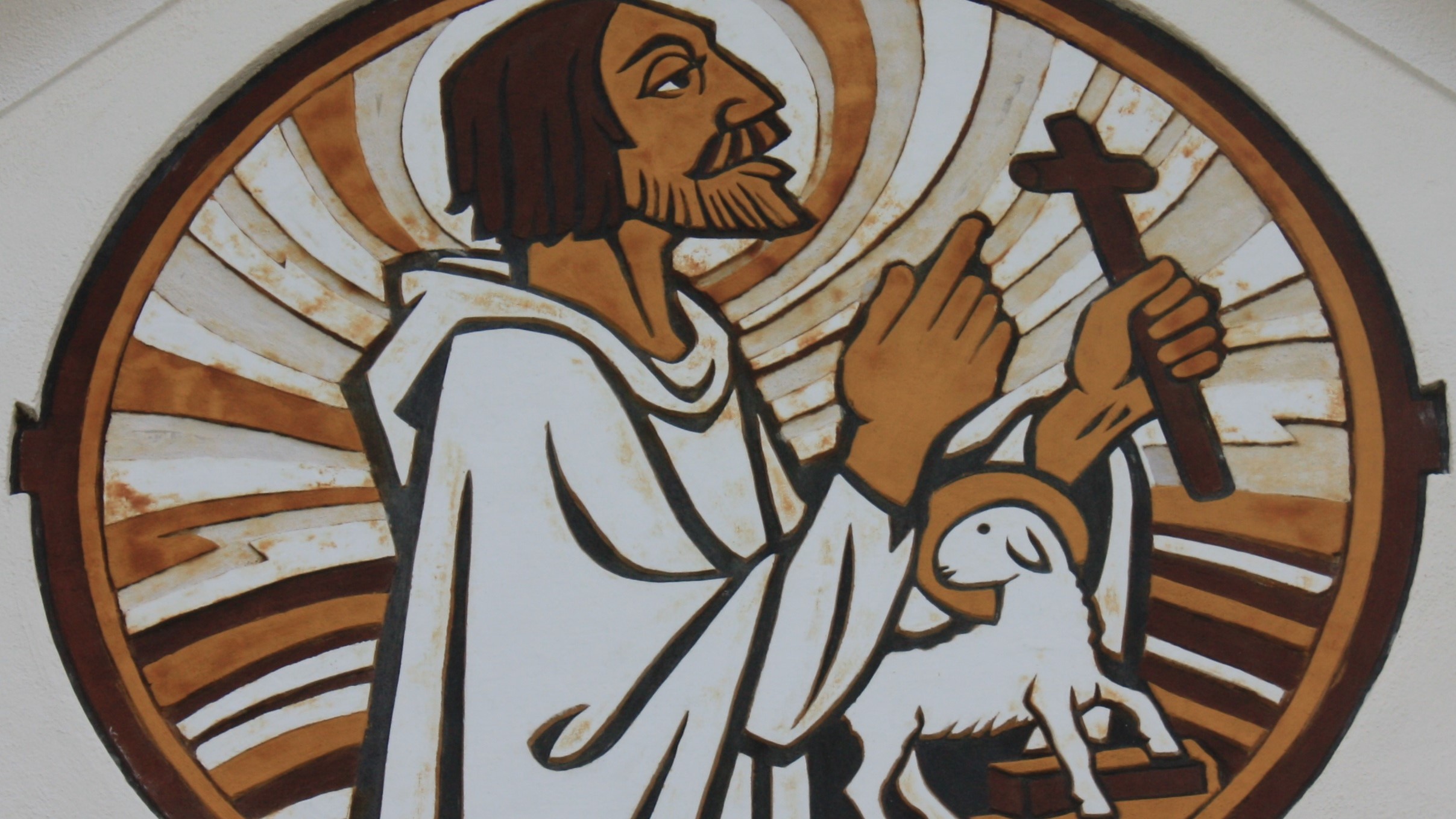
Matthew 21:23-32
Ordinary A44
23 When he entered the temple,A the chief priestsB and the eldersC of the peopleD came to him as he was teaching,E and said, “By what authorityF are you doing these things, and who gave you this authority?”
24 JesusG said to them, “I will also askH you one question;I if you tell me the answer, then I will also tell you by what authority I do these things. 25 Did the baptismJ of JohnK come from heaven,L or was it of humanM origin?”
And they arguedN with one another, “If we say, ‘From heaven,’ he will say to us, ‘Why then did you not believeO him?’ 26 But if we say, ‘Of human origin,’ we are afraidP of the crowd; for all regard John as a prophet.”Q 27 So they answered Jesus, “We do not know.”R
And he said to them, “Neither will I tell you by what authority I am doing these things.
28 “What do you think?S A man had two sons;T he went to the first and said, ‘Son, goU and work in the vineyardV today.’
29 He answered,W ‘I willX not’; but later he changed his mindY and went.
30 The father went to the second and said the same; and he answered, ‘I go,Z sir’;AA but he did not go. 31 Which of the two did the willBB of his father?”
They said, “The first.”
Jesus said to them, “TrulyCC I tell you, the tax collectorsDD and the prostitutesEE are going into the kingdomFF of GodGG aheadHH of you.
32 For John came to you in the wayII of righteousnessJJ and you did not believe him, but the tax collectors and the prostitutes believed him; and even after you sawKK it, you did not change your minds and believe him.
Image credit: “St. John the Baptist” at the church of St. John the Baptist in Wolfsberg, Germany.
